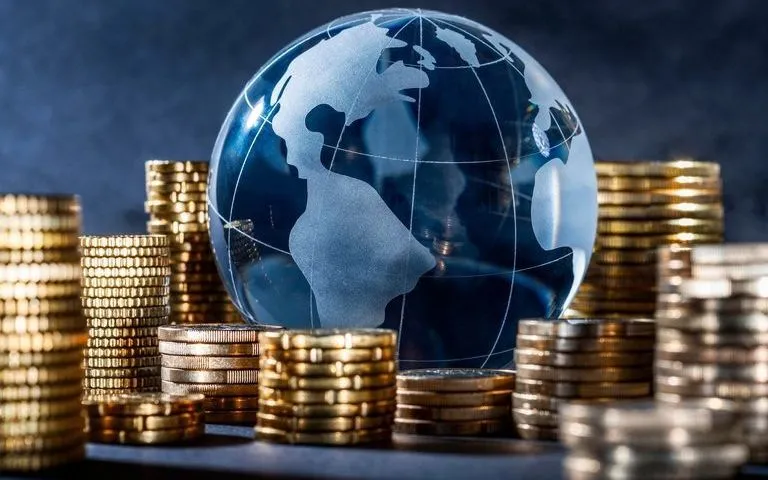
The ripple effect of the US government shutdown
The political gridlock in Washington that led to the US government shutdown has delayed the release of key economic data. From CPI inflation reports and housing data to labor market and retail spending statistics – all have been delayed.
This situation not only causes difficulties for policymakers in Washington, but also spreads instability to every corner of international financial markets.
Investors, businesses and central banks around the world are operating in a state of “running in a fog” as benchmarks measuring the health of the world’s largest economy suddenly disappear. The lack of accurate data has increased volatility, making decisions on investment, production and monetary policy risky.
In Europe and Asia, economists are trying to “fumble” forecasts without the “anchor” of US consumption and manufacturing data. “When you don’t have fundamental indicators of retail activity or inflation, you can’t be sure where the Federal Reserve is going,” said an analyst at a major London bank. “And when the Fed is unclear, the whole world is forced to pause and wait.”
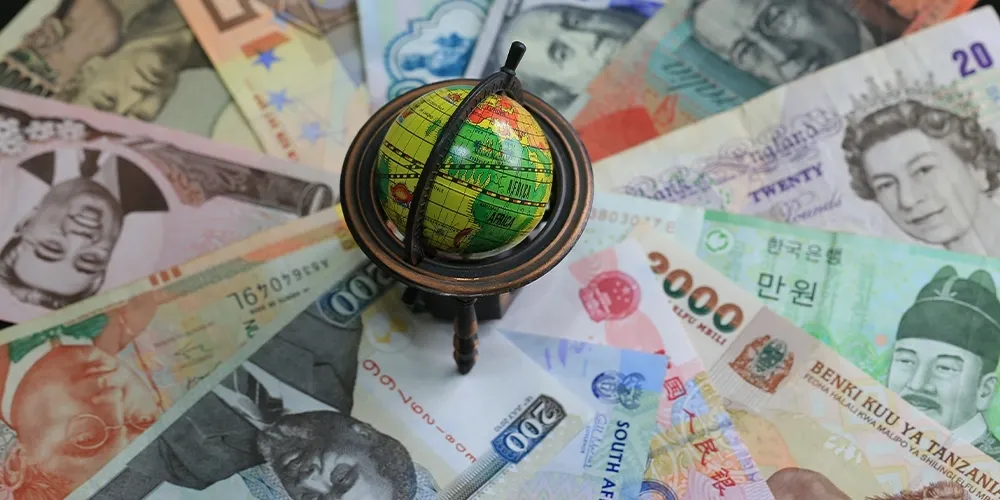
This lack of data is particularly pressing for the Fed. In a recent speech, Fed Chairman Jerome Powell stressed that any interest rate decision must be based on “the actual evolution of the economic outlook and the balance of risks.” The government shutdown has cut off the supply of data, forcing the Fed to rely on unofficial indicators or outdated data, increasing the likelihood of monetary policy errors.
Data shortage puts pressure on the Fed
This lack of data is particularly pressing for the US Federal Reserve. In a recent speech, Fed Chairman Jerome Powell stressed that any interest rate decision must be based on “the actual evolution of the economic outlook and the balance of risks.” The US government shutdown has cut off the supply of data, forcing the Fed to rely on unofficial indicators or old data – increasing the possibility of errors in monetary policy management.
As Michael Feroli, chief US economist at JPMorgan Chase, puts it: The Fed is leaning toward easing because it fears the risk of a weakening labor market. But the lack of up-to-date inflation data makes it difficult for the Fed to accurately assess how much it needs to rein in price increases. This creates a vicious cycle: markets need data to act, but political uncertainty prevents the flow of that data.
Multinational corporations with complex supply chains are also having to postpone expansion plans or new investments because they cannot accurately predict how much American consumer spending will be in the coming quarters. This domino effect is slowing the economic recovery in many developing countries - economies that are heavily dependent on export demand to the US market.
Tariff restraint – a surprising bright spot amid uncertainty
In contrast to the gloomy picture caused by the US government shutdown, the International Monetary Fund (IMF) offers a glimmer of hope. In its recent World Economic Outlook report, the IMF slightly raised its global growth forecast, mainly due to a better-than-expected recovery in the US economy.
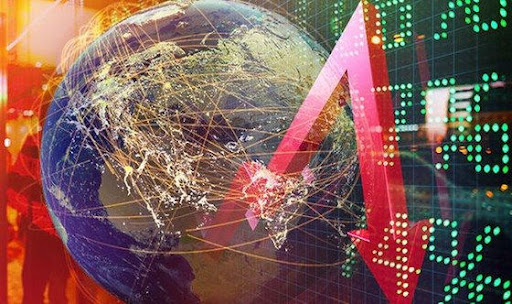
What's notable is that this optimism stems from an unexpected factor: restraint in retaliating against tariffs.
International Monetary Fund (IMF) Managing Director Kristalina Georgieva has publicly praised major economies for not responding aggressively to the initial US tariffs. "The avoidance of broad retaliatory tariffs by trading partners has been positive. It has allowed global trade to continue flowing, avoiding a serious disruption in supply chains and a crisis of confidence," Georgieva said.
The world economy is currently walking a tightrope: on one side is a technical recovery and restraint from trade rivals, on the other side is the political risk that could trigger a full-blown trade war, wiping out all the progress that has been made.
According to the IMF, this “trade moderation” has helped businesses and markets absorb tariff shocks, maintaining relative stability and supporting global growth. While geopolitical and trade tensions persist, the choice of major countries – especially China – not to retaliate has helped to minimize economic damage.
US-China trade war
But that hope is being overshadowed by the specter of a new trade war between the US and China. Amid rising political tensions, the threat of new US tariffs – even as high as 100% on Chinese goods – threatens to upset the delicate balance the IMF has just praised.
If this new round of tariffs happens, especially if China decides to retaliate with proportionate measures, the consequences could be much more severe than previous ones.
First, supply chain disruption: Global supply chains, already fragile after the pandemic, will be severely impacted. Businesses will face soaring production costs and unpredictable delays, forcing them to hastily decouple.
Second, rising inflation: New tariffs will push up prices for consumer goods and raw materials, adding to the inflationary pressures the Fed is trying to contain. This could force central banks to tighten monetary policy again, raising the risk of a recession.
Third, trust is broken: Mutual retaliation will seriously undermine trust between the world's two largest economies, causing cross-border investment flows to shrink and the investment environment to become riskier.
The IMF, while raising its growth forecast, also issued a clear warning: "Uncertainty due to trade measures remains a significant risk." The global growth outlook, although revised upwards, remains low compared to historical averages and highly vulnerable to political shocks./.
Source: https://vtv.vn/kinh-te-toan-cau-rui-ro-tu-nut-that-cang-thang-thuong-mai-100251015140605106.htm








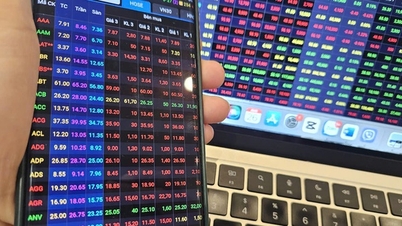




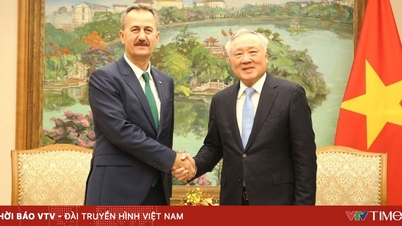
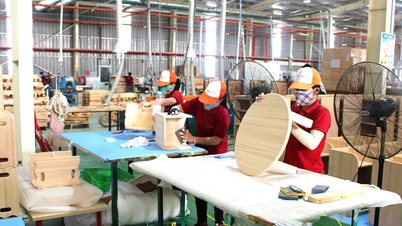





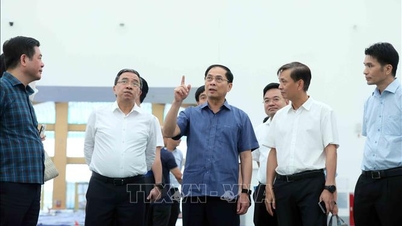
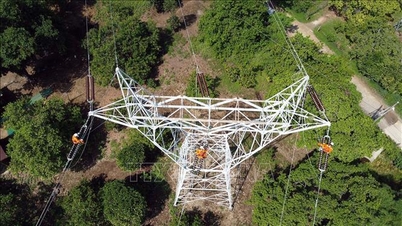
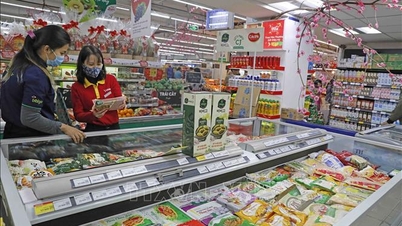
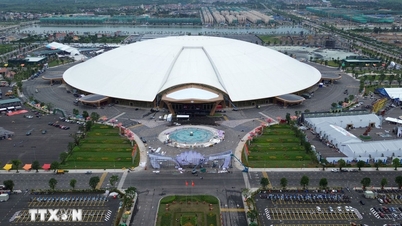




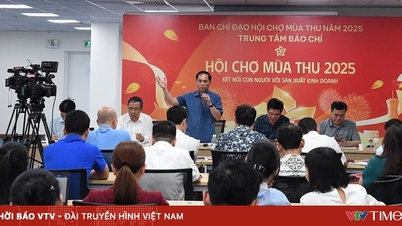
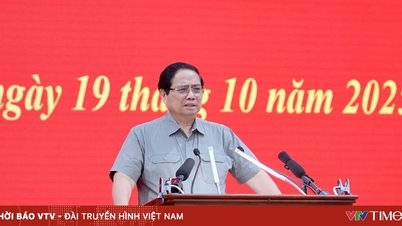
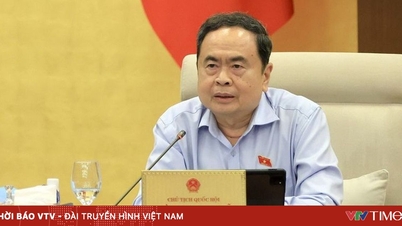
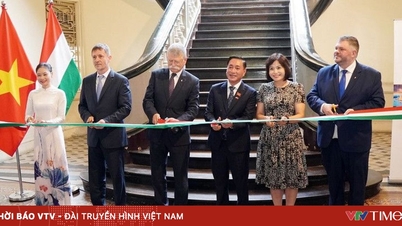
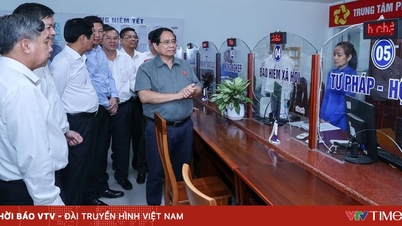






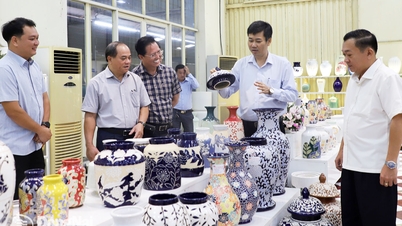




























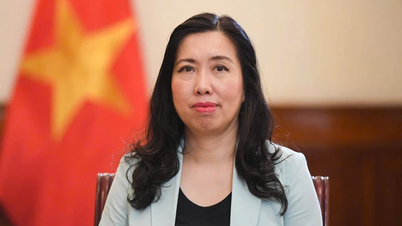

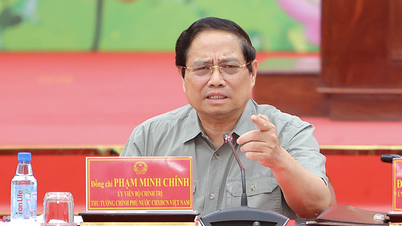
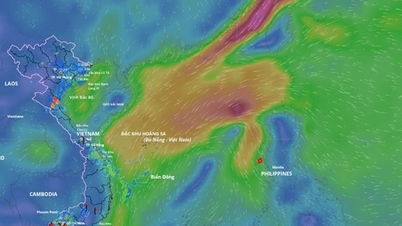



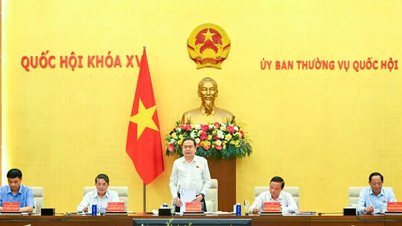





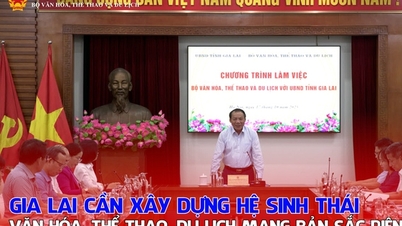





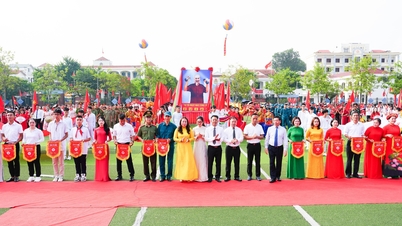
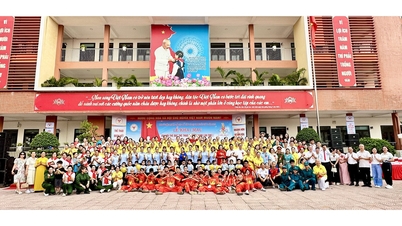
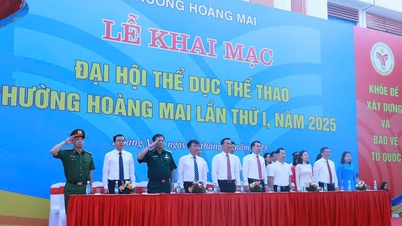
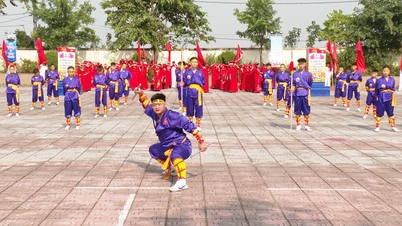













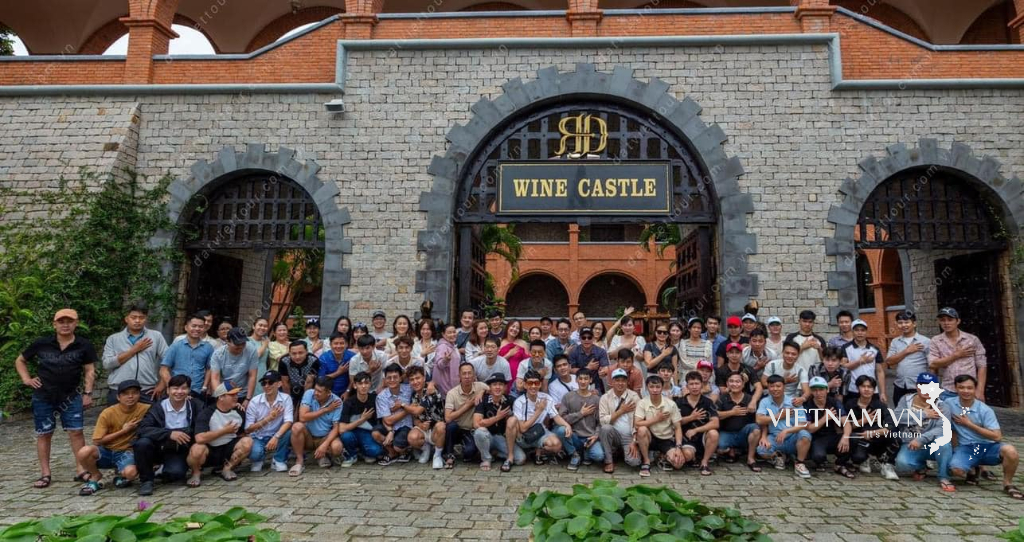

Comment (0)